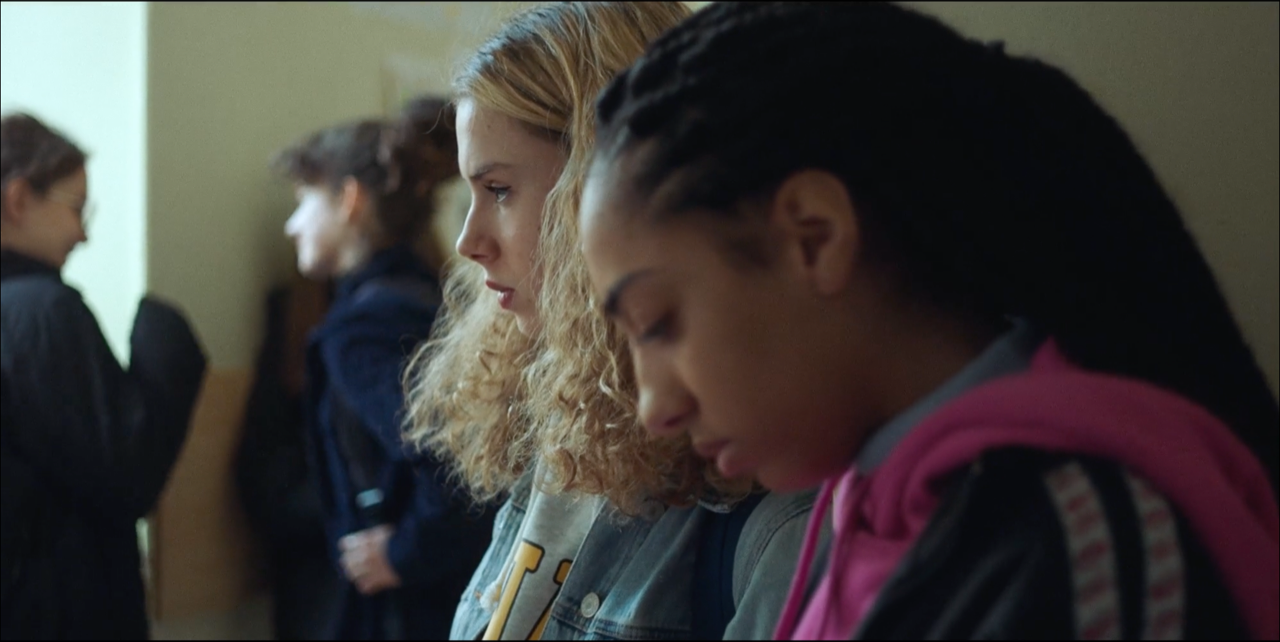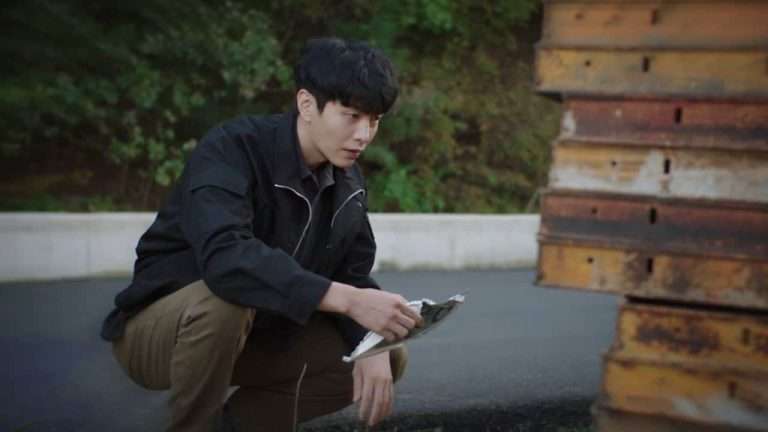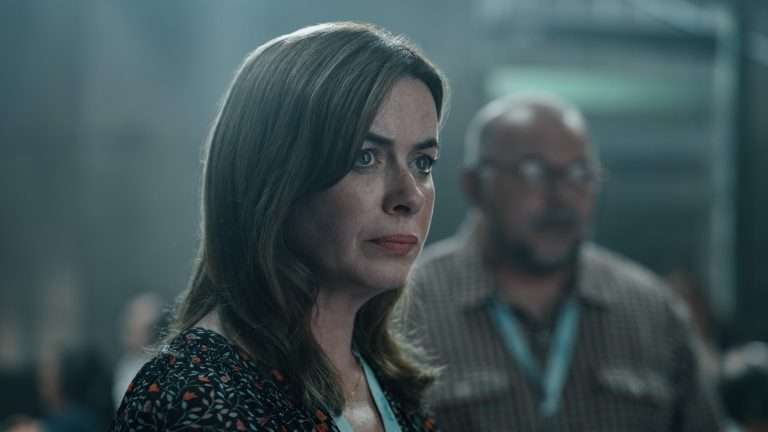Author: Tinatin Kuparadze
Crush (2022) ‘KISFF’ Short Film Review: “Women are defined by men – externally as masochists,” said the American feminist Andrea Dworkin in her book Pornography: Men Possess Women (1980). That is one of the reasons why rape is frequently viewed as the norm rather than as a crime. It confirms women’s alleged masochistic desire to submit to a man who wants to conquer her. And yes, the essence of oppression is that a person is defined from the outside. Those who define themselves as superior by their own criteria are the ones in charge. All of this stems from a limited understanding of female sexuality and sexual violence, which is a global issue rather than a local one.
The world still does not include mutual consent in any legal definition of sexual relationships and still does not properly recognize non-consensual sex as a form of sexual violence. Any legal definition of sexual violence should acknowledge non-consensual sex as a crime. What happens when one person’s desire is prioritized over another is at the heart of Florian Kuhn’s short film “Crush,” which premiered at the Kutaisi Short Film Festival.

The film is set in France, where a young teenage girl has a crush on an older boy with whom she has sex against her will on the first date. However, as can be seen from the film, another issue is more pressing for Kuhn: the girl’s virginity than the obvious rape. For some reason, the director decided that in modern France, the topic of virginity and indecency among teenagers is more relevant than outright sexual violence. At first glance, this leads to a straightforward narrative. A girl loves a boy, and he rejects her after their first sexual encounter. But was it just sex?
As I mentioned that the girl did not want this to happen, and even if the director doesn’t realize this ambiguity, we still have to see this as rape. Yes, it is true that the film director doesn’t eroticize the girl’s body as a sexually attractive woman during the rape and shower scene afterward because her body is not visible to the audience. However, we see that the girl feels bad and unhappy in a way that is not related to the stress and trauma after the rape and first sex but to the fact that her beloved boy refuses to have a relationship with her. By focusing on that point, “Crush” sidesteps from the real issue, which is unfair to the character and to me as a viewer and a woman.
Along with the rape, the atmosphere at Sarah’s (the main character) school is incredibly aggressive and full of clichés, which seems quite unusual for modern France. A girl is chastised for losing her virginity and then labeled a lesbian for being close to her friend, which appears quite artificial to me as a viewer because this is not some Asian country or even Georgia, where there is the existence of many clichés in terms of female sexuality, I believe today’s teenagers think much more progressive. That’s why, unfortunately, the film failed to bring the proper emotion, and instead of empathizing with the main character, we are angered by the fake environment and the director’s blindness to the most problematic issue, which once again confirms Andrea Dworkin’s point about female masochism.


![People’s Republic of Desire [2018]: Fantasia Film Festival Review](https://79468c92.delivery.rocketcdn.me/wp-content/uploads/2018/07/cover-768x432.jpg)
![#Homecoming [2022] SonyLIV Review: A Generic Reunion Drama elevated by Impressive Self-awareness and Nostalgia](https://79468c92.delivery.rocketcdn.me/wp-content/uploads/2022/02/Homecoming-2022-2-768x512.jpg)


![The Girl and The Gun [2020]: ‘NYAFF’ Review – A Symbolic Eye-Opener on Exercising The Presumed Power of a Patriarchal Society](https://79468c92.delivery.rocketcdn.me/wp-content/uploads/2020/09/THE-GIRL-AND-THE-GUN-Movie-Review-highonfilms-1-768x326.jpg)
